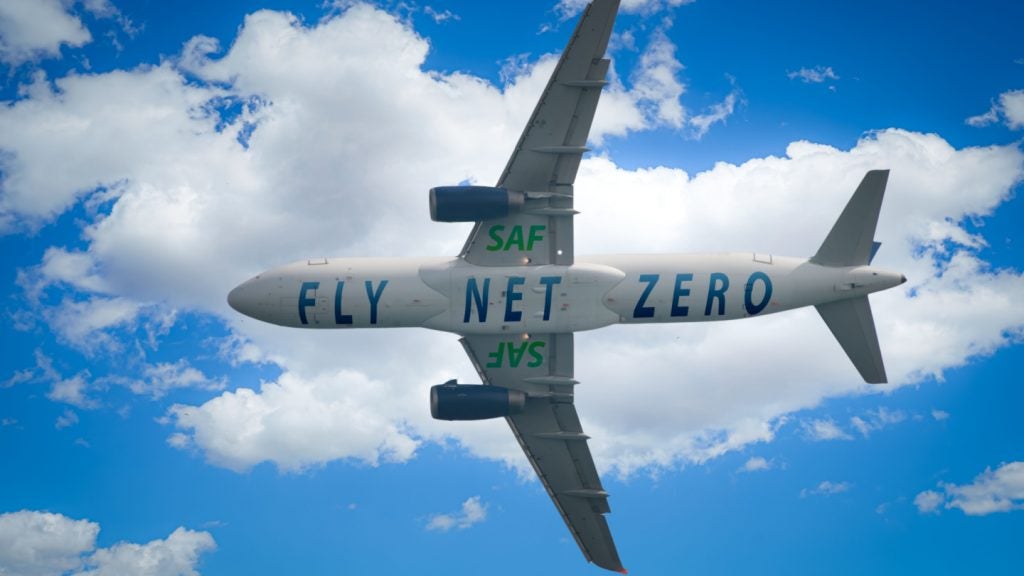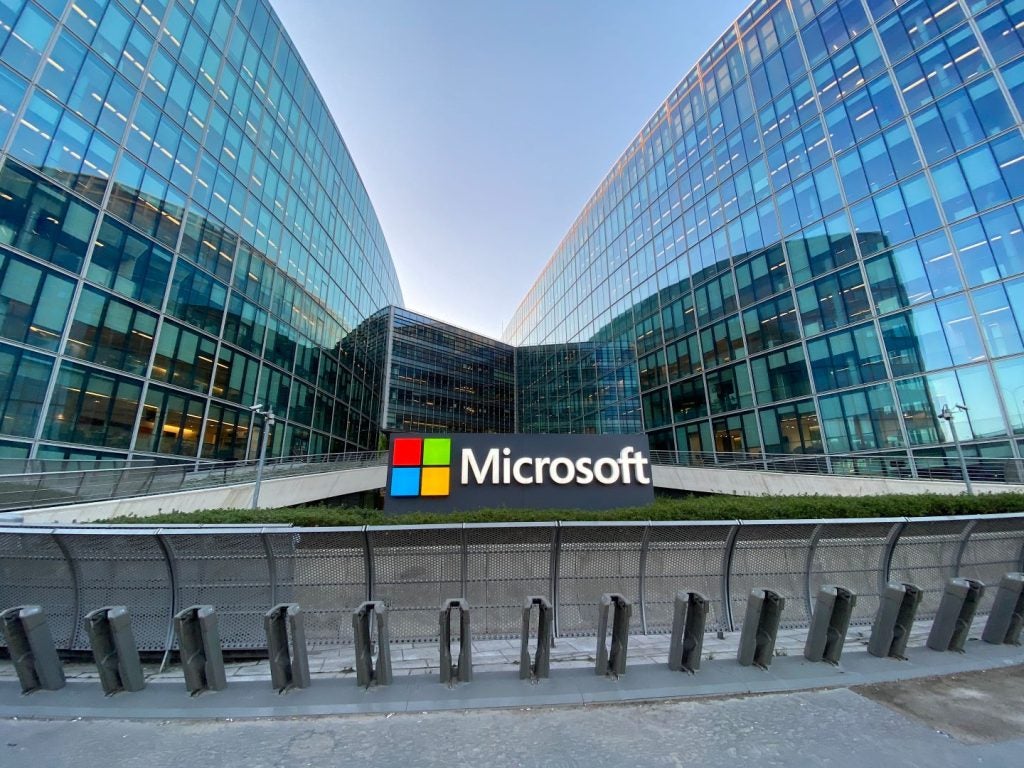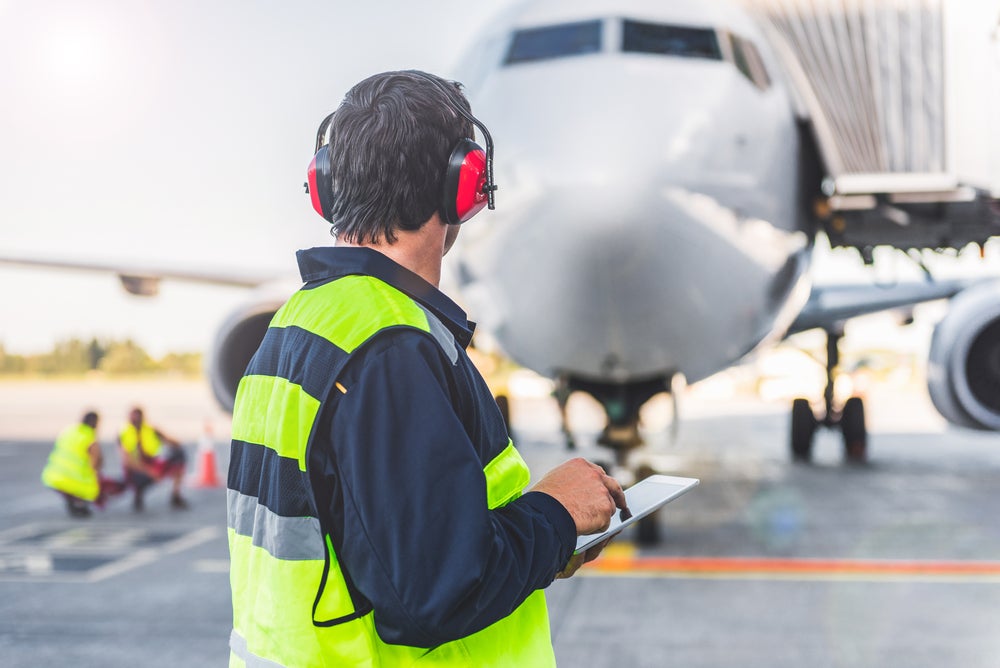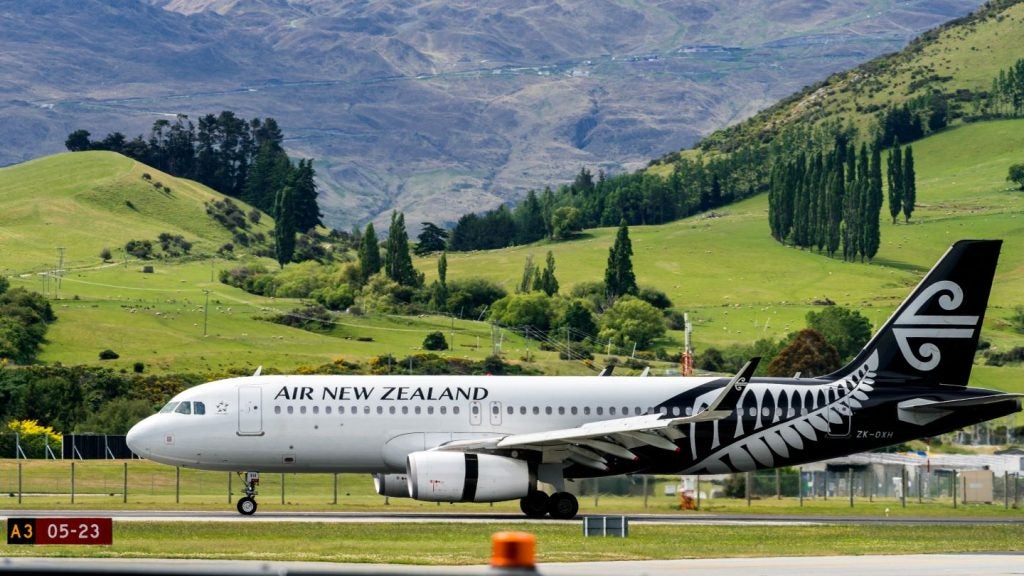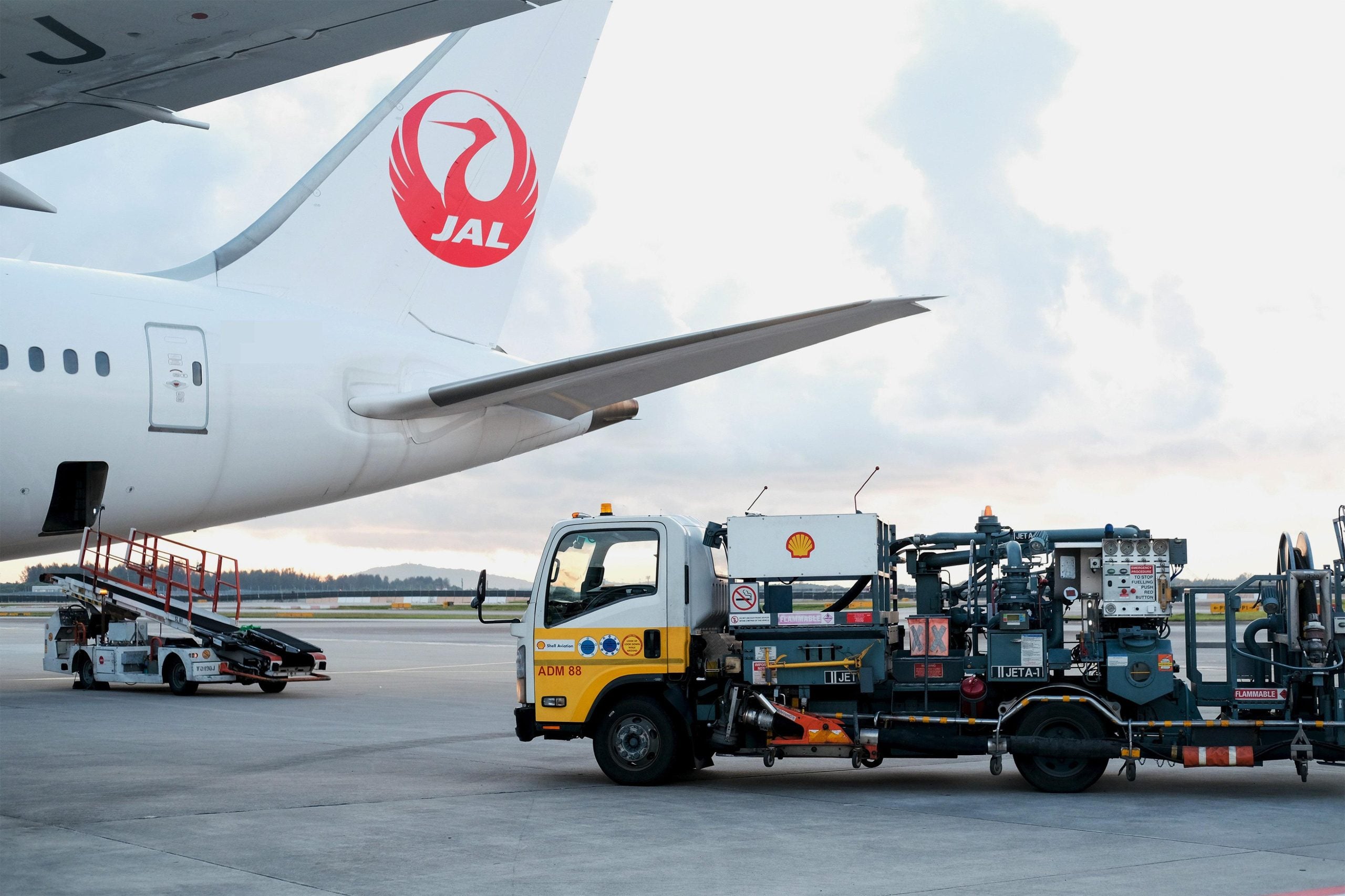
Japan Airlines (JAL) has signed a Memorandum of Understanding (MoU) with Shell Aviation, which will see JAL aircraft refuelled at Los Angeles International Airport (LAX) with sustainable aviation fuel (SAF) from 2025.
The agreement supports JAL’s ESG target of replacing 1% of its whole jet fuel amount with SAF in the 2025 fiscal year, set in its green transformation policy.
Under the agreement, Shell Aviation will supply JAL with SAF volumes equivalent to its current estimated jet fuel uplifts at LAX over the supply period.
According to JAL, the SAF to be supplied by Shell Aviation emits 75% less CO2 than conventional jet fuel when used neat and the associated lifecycle emission reduction from this agreement will amount to more than 47,000 tonnes of CO2 on an annual basis.
“It’s great to see our relationship with Japan Airlines continue to flourish following our ambitious MoU on long-term SAF supply last year,” said Jan Toschka, President of Shell Aviation.
“We look forward to building on this collaboration in the future, working together to accelerate SAF usage globally and help decarbonise air travel.”
In May 2023 JAL announced its plan to achieve carbon neutrality by 2050 and has set a goal to reduce 10% of its CO2 emission compared to the 2019 level by fiscal year 2030.
In line with these goals, as interim targets, JAL intends to replace 1% of its total jet fuel consumption with SAF in the 2025 fiscal year and 10% in the 2030 fiscal year.
JAL says it will continue to accelerate its SAF procurements globally, and advance the stable mass-production, commercialisation, and expansion of domestically produced SAF through its membership of the ‘Act for Sky‘ group.
The airline also says it intends to work towards replacing 10% of its jet fuel consumption with SAF in 2030, to achieve net-zero emissions by 2050.
In January, JAL signed a memorandum of understanding with US-headquartered clean fuel producer Raven SR. The agreement consists of Raven SR initially delivering 50,000 tonnes of SAF in 2025, with annual incremental increases over ten years leading to 200,000 tonnes being delivered in 2034.


